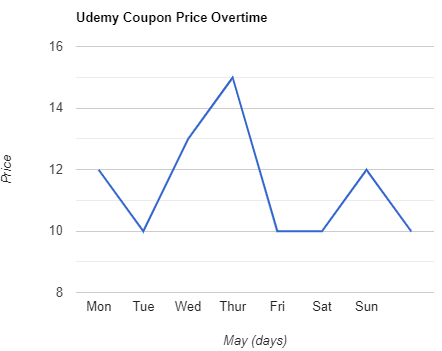Machine Learning Foundations: A Case Study Approach
This Specialization from leading researchers at the University of Washington introduces you to the exciting, high-demand field of Machine Learning. Through a series of practical case studies, you will gain applied experience in major areas of Machine Learning including Prediction, Classification, Clustering, and Information Retrieval. You will learn to analyze large and complex datasets, create systems that adapt and improve over time, and build intelligent applications that can make predictions from data.
Created by: Carlos Guestrin
 Quality Score
Quality Score
Overall Score : 94 / 100
 Live Chat with CourseDuck's Co-Founder for Help
Live Chat with CourseDuck's Co-Founder for Help
 Course Description
Course Description
 Instructor Details
Instructor Details

- 4.7 Rating
 157 Reviews
157 Reviews
Carlos Guestrin
Carlos Guestrin is the Amazon Professor of Machine Learning at the Computer Science & Engineering Department of the University of Washington. He is also a co-founder and CEO of Dato, Inc., focusing on making it easy to build intelligent applications that use large-scale machine learning at their core. His previous positions include the Finmeccanica Associate Professor at Carnegie Mellon University and senior researcher at the Intel Research Lab in Berkeley. Carlos is a recipient of a National Science Foundation CAREER Award, an Alfred P. Sloan Fellowship, and the Stanford Centennial Teaching Assistant Award. Carlos was also named one of the 2008 `Brilliant 10' by Popular Science Magazine, received the IJCAI Computers and Thought Award from the top AI conference, and the Presidential Early Career Award for Scientists and Engineers (PECASE) from President Obama.





